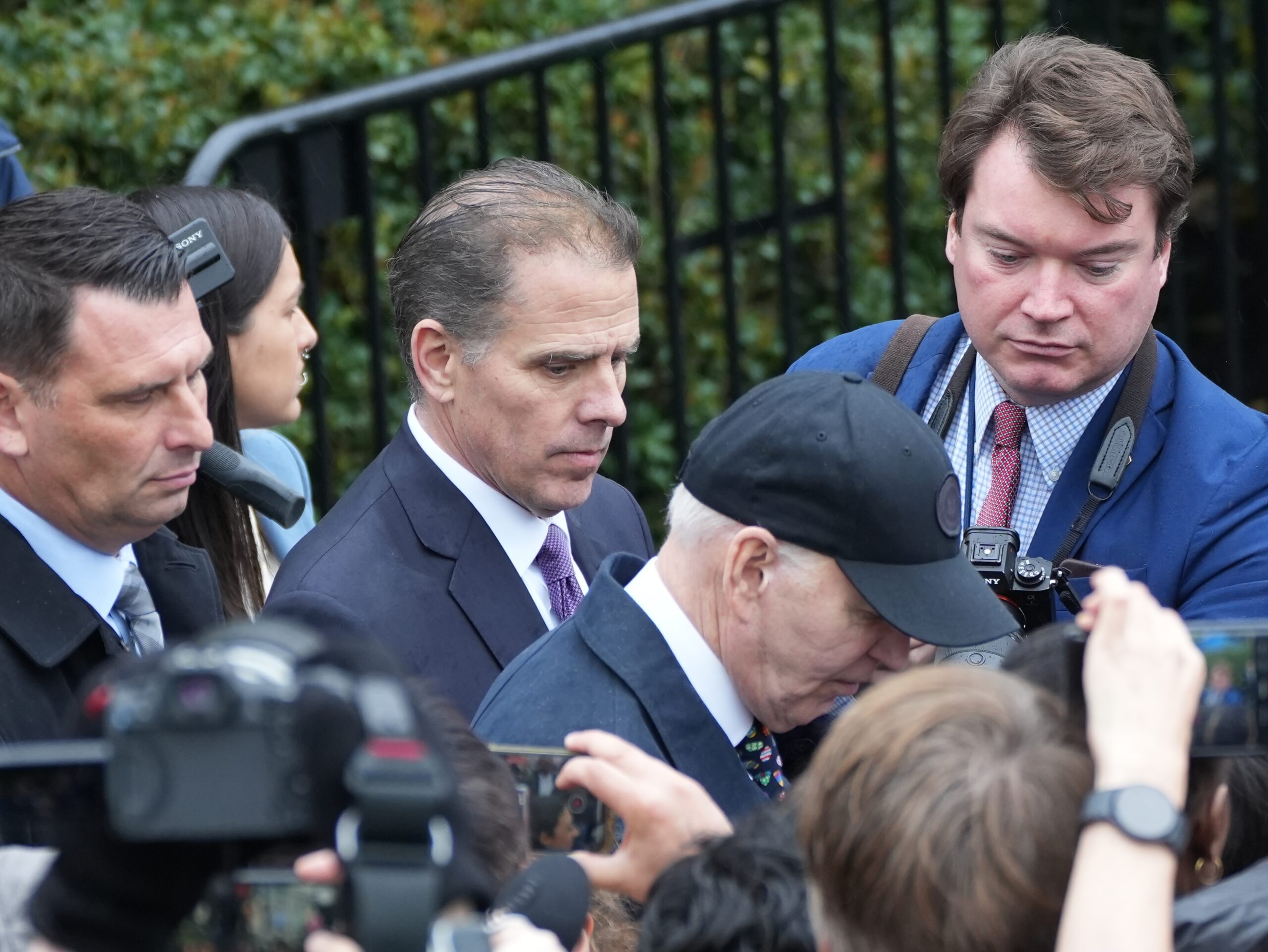Yoon Suk-yeol’s presidency exemplifies how quickly democracy can shift from resilient to precariously hanging by a thread.
At a Glance
- South Korea’s democracy faced a trial by fire during Yoon Suk-yeol’s presidency.
- Attempts to provoke a North Korean attack to justify martial law were unearthed.
- The impeachment of Yoon highlights the democratic resilience of South Korea.
- Yoon’s authoritarian tendencies brought extensive public and legal backlash.
A Controversial Presidency
From the moment Yoon Suk-yeol assumed the presidency in May 2022, controversies marked his administration. The decision to relocate the presidential office from the legacy-rich Blue House to a military building raised eyebrows. Critics attributed this move to whispers of pre-election shamanism, with Yoon ridiculed for having the word “king” scribbled on his palm. Critics questioned his decision-making and authoritarian shift, a red flag for South Korea’s democratic fabric.
Among the more alarming incidents, Yoon showed disregard for democratic norms. His security team went as far as singing songs touting him as “a president sent from Heaven.” Such actions, combined with excessive celebrations, signaled a leadership prone to unchecked power. Yet it wasn’t merely about symbolism; the administration’s handling of disasters, like the Itaewon crowd crush, underscored their inept governance, igniting public ire.
Martial Law and Democratic Rebound
The most crippling blow, however, came when Yoon flirted with dramatic measures on December 3, declaring martial law under the pretext of national security. Yoon’s plan for a self-coup, intending to incite a North Korean provocation, smacked of conspiracy, dangerously tugging at the strings of South Korean democracy. The public and institutional backlash were swift and decisive, with the Constitutional Court unanimously upholding Yoon’s impeachment.
“a strong leader sometimes has to break the rules to achieve his goals” said SisaIn magazine study respondents.
Despite Yoon’s pandering to extremist ideologies, the resilience of democratic institutions, and civic engagement proved strong enough to prevent a shift to authoritarianism. South Koreans, with a storied history of battling authoritarianism, played a crucial role yet again. Through public protests, legislative action, and judicial oversight, they showcased a robust democratic spirit against regression.
Legacy of Vigilance
Yoon Suk-yeol’s presidency serves as a potent reminder of democracy’s fragility, yet also its strength when threatened. It underscores the necessity for active public participation and vigilance to safeguard democratic values whenever they are put to the test. As South Korea emerges from this turbulent chapter, its democratic resilience sends a powerful message to other nations facing similar authoritarian threats.
“a president sent from Heaven” said security team.
Yoon’s radical aspirations and eventual downfall are cautionary tales of how unchecked power, when left to thrive, can destabilize a nation. But they also illustrate that, with a vigilant public and strong institutions, democracy can weather the storm. South Korea’s latest political chapter proves the endurance of its democratic experiment.







